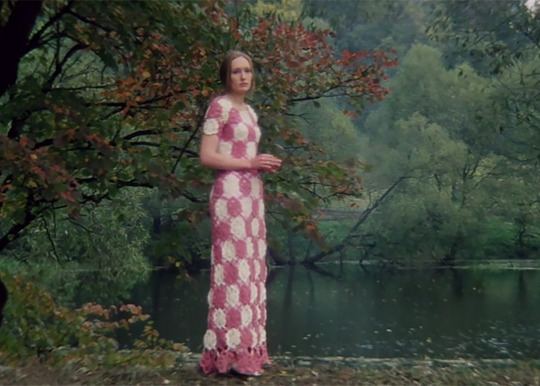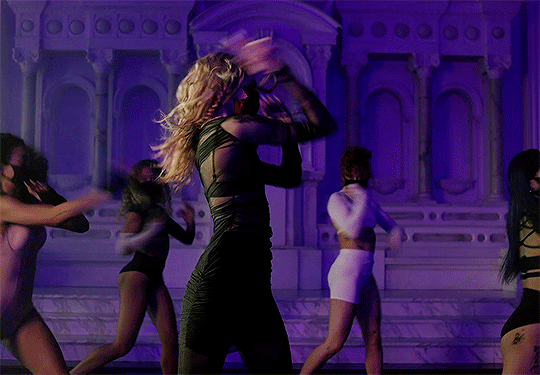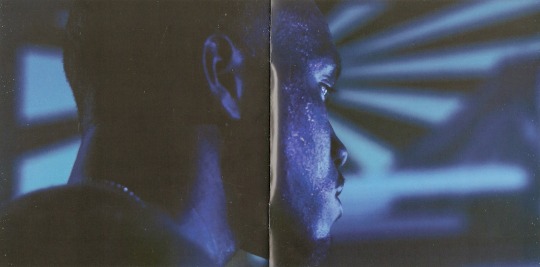Text
hiiiiii
i haven’t been on here in a while, but i’m gonna try to post more maybe . . . if you guys wanna follow me on twitter, it’s @/matthewokay !!!
also : my letterboxd is @/starscape and my ig is @/objectcause !!!
40 notes
·
View notes
Photo

Yoshida Hiroshi (1876-1950)
Evening on the Chikugo River, 1927 (Shôwa 2) Evening View on the Chikugo River in Hita
1K notes
·
View notes
Photo



Il Decameron (1971) // dir. Pier Paolo Pasolini
800 notes
·
View notes
Photo

Seasonless Dressing | Linda Evangelista by Patrick Demarchelier
3K notes
·
View notes
Photo

Andrei Tarkovsky’s Solaris and the Style Influence of Sci-Fi
2K notes
·
View notes
Text
The working class […] have no ready-made utopias to introduce par décret du peuple [by people’s decree]. They know that in order to work out their own emancipation, and along with it that higher form to which present society is irresistibly tending by its own economical agencies, they will have to pass through long struggles, through a series of historic processes, transforming circumstances and men. They have no ideals to realise, but to set free the elements of the new society with which old collapsing bourgeois society itself is pregnant.
— Marx, Karl Heinrich. “The Paris Commune.” The Civil War in France. 1871.
101 notes
·
View notes
Photo




Penda’s Fen (1974) || dir. Arthur Clarke
47 notes
·
View notes
Text
“It’s not ‘natural’ to speak well, eloquently, in an interesting articulate way. People living in groups, families, communes say little–have few verbal means. Eloquence–thinking in words–is a byproduct of solitude, deracination, a heightened painful individuality.”
— Susan Sontag, As Consciousness Is Harnessed to Flesh
21K notes
·
View notes
Photo



Nicole Kidman photographed by Naomi Kaltman (1993)
4K notes
·
View notes
Photo









Ars (Short) | Jacques Demy | 1960
47 notes
·
View notes
Quote
All creation is really a re-creation of a once loved and once whole, but now lost and ruined object, a ruined internal world and self. It is when the world within us is destroyed, when it is dead and loveless, when our loved ones are in fragments, and we ourselves in helpless despair—it is then that we must re-create our world anew, reassemble the pieces, infuse life into dead fragments, re- create life.
Hannah Segal
7 notes
·
View notes
Quote
You lose das Ding—or more precisely, you fantasize about having lost das Ding—and then every subsequent loss is in some ways a repetition of that primary loss, which means that you’re working through that loss with every additional loss you experience. I would in fact go as far as to say that the Lacanian subject is intrinsically melancholic, because it’s born from a loss that can never be redeemed for the simple reason that it only exists as a retroactive fantasy.
Mari Ruti and Amy Allen, Critical Theory Between Klein and Lacan
10 notes
·
View notes
Photo

Yuka Mannami photographed for Numero Tokyo May 2019
6K notes
·
View notes









